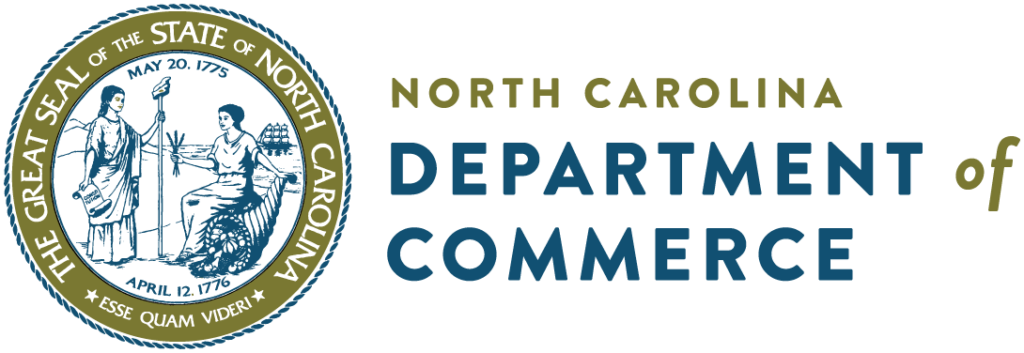Governor Roy Cooper has announced that MetOx International Inc., a company specializing in high-temperature superconducting wire, is set to establish a significant production facility in Chatham County, North Carolina. This new facility is expected to create 333 jobs and represents a $193.7 million investment in the state. The initiative is part of a broader effort to bolster the clean energy sector and reduce carbon emissions, aligning with North Carolina’s commitment to sustainable energy solutions. The project is anticipated to not only create jobs but also enhance the local economy.
MetOx, headquartered in Houston, Texas, is a leader in High Temperature Superconducting (HTS) technology. The company is focused on advancing energy solutions and establishing a reliable HTS manufacturing base within the United States. HTS technology facilitates the transmission of high power at low voltage without heat generation or energy loss, which is crucial for various energy sectors, including grid expansion and AI-driven applications.
The new facility in the Research Triangle region will produce MetOx’s Xeus™ HTS wire, which is purported to be up to ten times more efficient than traditional copper cables. The project will be supported by a Job Development Investment Grant (JDIG) that could potentially reimburse the company up to $3,184,500 over 12 years, contingent upon performance targets being met. This venture is expected to grow North Carolina’s economy by an estimated $987.8 million during its 12-year term.
Average salaries for the new jobs are projected at $75,132, significantly higher than the current average wage in Chatham County, which stands at $48,413. The project is also expected to contribute to rural development funds, potentially channeling $1,061,500 into initiatives aimed at attracting businesses to economically challenged areas.
Local leaders and organizations have expressed strong support for MetOx’s investment, highlighting the collaborative efforts that made the project possible. The initiative involved partnerships with several entities, including the North Carolina Department of Commerce, the Economic Development Partnership of N.C., and local educational institutions.
Read More About This





